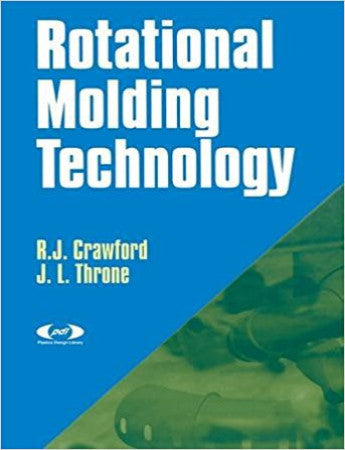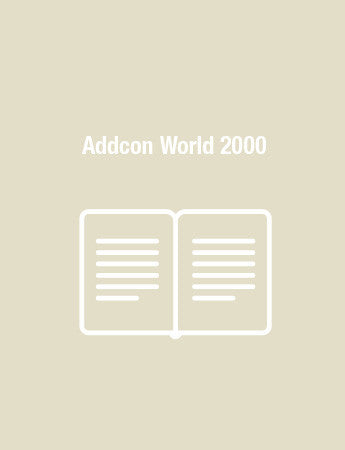Rotational Molding Technology
This book clarifies and quantifies many of the technical interactions in the process. It distinguishes itself from other books on the subject by being a seamless story of the advanced aspects of the rotational molding process. There are seven chapters within the book.
The U.S. market for rotational molding products was one billion pounds in the year 2000. The growth of the rotational molding industry has grown at 10 to 15% per year. With this growth has come an increasing need for details on the complex, technical aspects of the process.
The U.S. market for rotational molding products was one billion pounds in the year 2000. The growth of the rotational molding industry has grown at 10 to 15% per year. With this growth has come an increasing need for details on the complex, technical aspects of the process.
- Introduction to Rotational Molding
- A brief overview of the process and a comparison of rotational molding versus blow molding and twin-sheet thermoforming.
- Rotational Molding Polymers
- Describes the characteristics of polyolefins, which are the major class of polymers used in the process. It includes descriptions of vinyls, nylons, PVC plastisols, silicones, and thermosetting polymers.
- Pulverizing, Grinding and Attrition
- Focuses on the particle size of solid polymer powders, particle size distribution, particle analysis techniques, and optimum particle shape. It also details pigments and property enhancers.
- Rotational Molding Machines
- An overview of the myriad types of commercial rotational molding machines.
- Molds
- Compares materials such as steel, aluminum, and electroformed nickel in terms of their characteristic strength and thermal efficiencies. It also discusses mold design aspects and various mold releases.
- Processing
- Covers powder flow behavior, particle-to-particle adhesion, and densification as well as bubble removal, oven cycle time, and other mechanisms.
- Part Design
- Provides an overview of the technical aspects that influence the part design, including powder flow into and out of acute angles, and the effect of processing on properties and polymer characteristics.
R.J. Crawford is a Professor of Mechanical Engineering at the University of Auckland, New Zealand. He has published over 200 papers and is the author of five textbooks on plastics and engineering materials. He has been awarded numerous prizes for his research including the Netlon Medal from the Institute of Materials. James L. Throne is President of Sherwood Technologies, Inc., a polymer processing consulting firm he started in 1985. He has more than 20 years industrial experience, and taught for 10 years in universities. He has published nearly 200 technical papers, has nine patents, and has written eight books on polymer processing.




